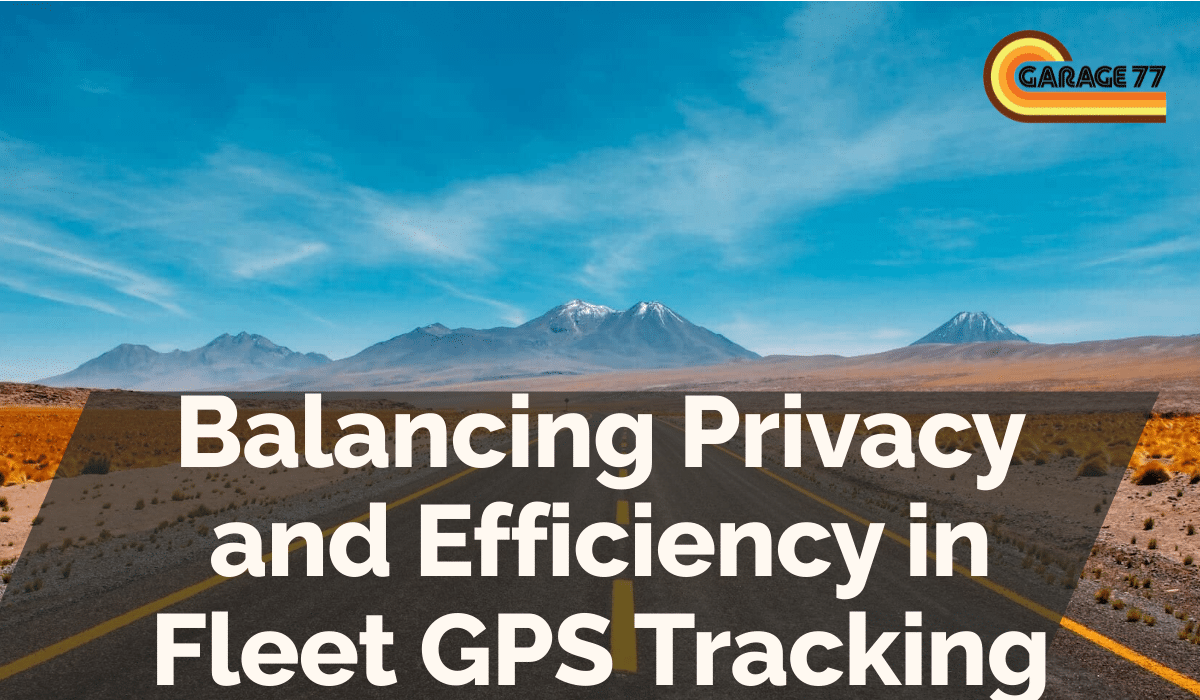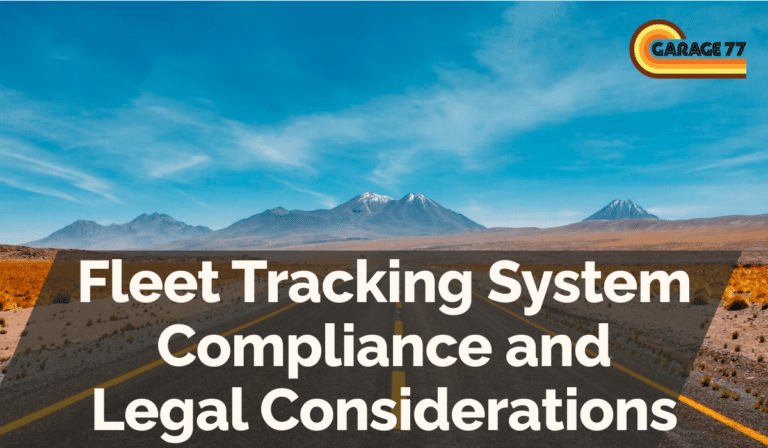In this era of technological advancement, businesses are striving to make the most of technology to enhance efficiency in their operations. One such area of interest is fleet management, particularly the use of GPS tracking systems. One cannot stress enough the importance of GPS tracking for running an efficient fleet. However, the implementation of GPS tracking systems raises pertinent questions around privacy concerns, especially relating to the employees. How can businesses ensure a balance between attaining operational efficiency and respecting employee privacy? Let’s delve into this topic further.
The Benefits of Fleet GPS Tracking
Businesses with a fleet of vehicles, regardless of their size, can benefit from GPS tracking in many ways. It helps in monitoring fuel consumption, managing vehicle maintenance, and ensuring driver safety. The monitoring of vehicle speed can encourage safer driving habits and as well reduce liability risks. Moreover, GPS tracking assists in efficient route mapping which can lead to significant fuel savings and increased productivity.
Addressing Privacy Concerns in Fleet GPS Tracking
Although fleet GPS tracking presents numerous benefits, a sensitive issue that arises is privacy infringement. Employers need to recognize that while the GPS tracker can provide insights for business purposes, it is also tracking their employees. Consequently, there’s a need to establish a balance where both parties feel comfortable and appreciated.
Clear Communication
The first step to achieving this is through open and clear communication. Inform the staff on the need for implementing GPS tracking systems, emphasizing the operational benefits these systems provide and how they improve working conditions. Clear communication quells fears and misinformation about GPS tracking among employees.
Transparency is Key
Transparency in the usage of data is another crucial factor. The employees should know what types of data are being collected, how their data will be used, and the safeguards put in place to protect their privacy.
Establishing Policies
Employers should also have clear-cut policies explaining the purpose of the GPS tracking, its benefits, and the rights and responsibilities of both parties. Once the policy is finalized, it becomes mandatory for all staffers to understand and sign it. This creates a level of trust between the employer and employee.
FAQs
1. Can GPS tracking help in reducing fuel costs?
Yes, GPS tracking can help reduce fuel costs by identifying inefficient routes and driving habits that consume more fuel.
2. How does GPS tracking enhance safety?
GPS tracking allows employers to monitor the driving habits of their employees, encouraging safer driving habits, and reducing liability risks.
Conclusion
While GPS tracking in fleet management can significantly enhance efficiency, it is essential to address potential privacy concerns. Striking a balance between technology utilization and privacy protection is possible through open communication, transparency in data use and clear company policies. Such efforts will create a harmonious working environment that values both productivity and individual privacy rights.







